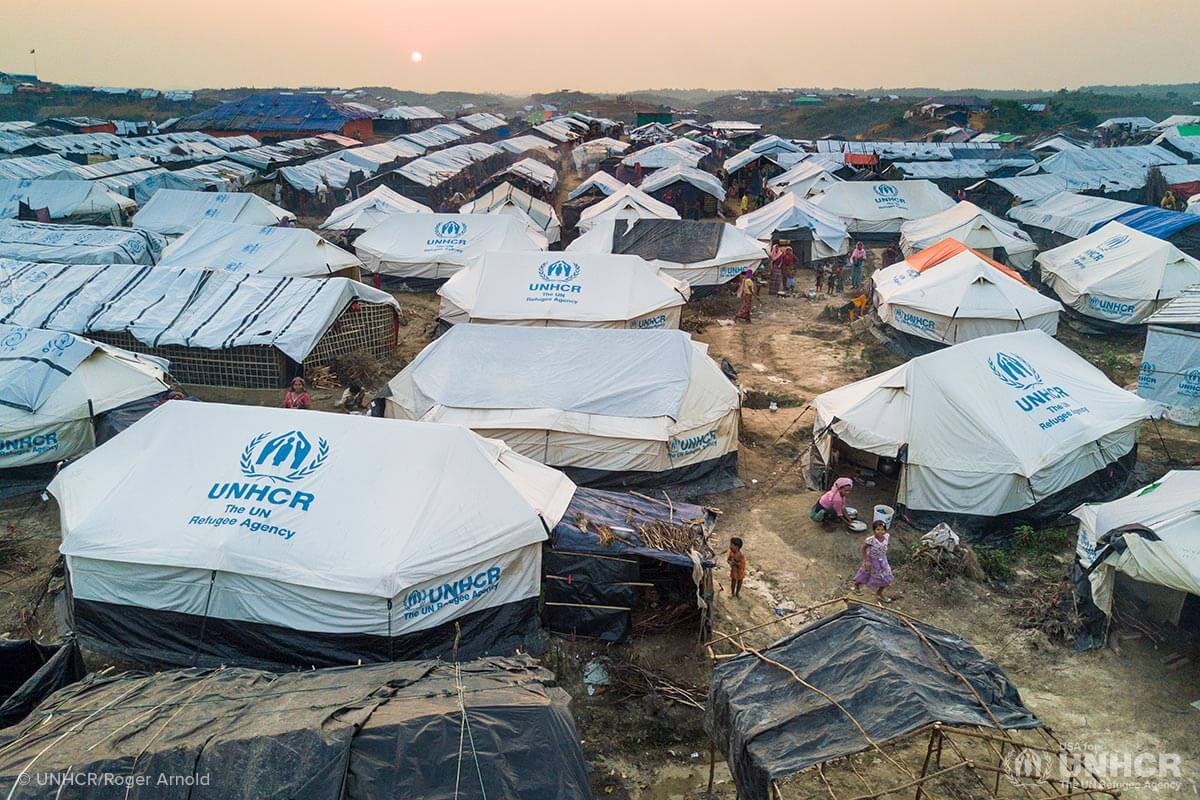Myanmar’s military regime has rejected a United Nations Human Rights Council (UNHRC) resolution calling for reconciliation with its persecuted Rohingya minority and criticised it for being based on “one-sided allegations.”
The resolution, adopted on Monday, was introduced by Pakistan on behalf of the Organisation of Islamic Cooperation (OIC) and approved without a vote in the Geneva-based council. Khalil Hashmi, Pakistan’s ambassador to the UN in Geneva, said, “Unfortunately, the humanitarian and human rights situation of Rohingya Muslims remains dire, and therefore requires a collective call by the council asking Myanmar to halt human rights violations immediately, and to uphold their fundamental rights.”
The resolution called for “constructive and peaceful dialogue and reconciliation, as per the will and interests of the people of Myanmar, including Rohingya Muslims.” It also voiced “grave concern” at continued reports of serious human rights violations and abuses, including arbitrary arrests, deaths in detention, torture, forced labour and “the deliberate killing and maiming of children.” In addition, the resolution extended “unequivocal support for the people of Myanmar and their democratic aspirations” and called for an immediate end to violence and hostilities.
However, The Straits Times quoted the Myanmar junta’s foreign ministry criticising the resolution by saying that it was “based on false information and one-sided allegations.” The military’s statement added that “The term ‘Rohingya’, which is invented with (a) wider political agenda is also unrecognised and rejected by the government” and that the community had “never been recognised as the ethnic nationality of Myanmar.”
Last week, the UN Human Rights Chief, Michelle Bachelet, said that the situation in Myanmar “evolved from a political crisis to a multi-dimensional human rights catastrophe.” She also warned that “suffering and violence throughout the country are devastating prospects for sustainable development, and raise the possibility of state failure or a broader civil war.”
More than 700,000 Rohingya Muslims remain stateless and stranded in camps in Bangladesh since they took refuge in August 2017 in the aftermath of a deadly attack against the community by Myanmar’s military, which the UN said had “genocidal intent.” According to official statistics published by the Bangladeshi government, the camp population continues to grow by 64,000 each year.
Myanmar has long-denied rights to the Muslim ethnic minority, which has its own language and culture. The country even revoked their voting rights in the most recent election and refused to recognise them as people in the 2014 census. Myanmar sees the Rohingyas as illegal Bangladeshi immigrants who moved to the country during the British colonial era. Since the February 1 military coup, several Burmese citizens, including ethnic minorities, have fled the escalating violence.

